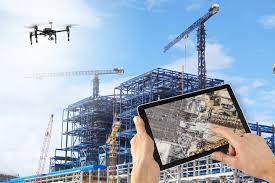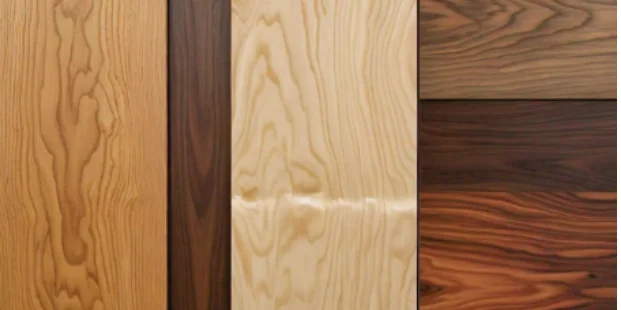In an era marked by rapid technological advancements, the construction industry is experiencing a transformative wave like never before. From digital innovations to sustainable practices, construction firms are embracing cutting-edge technologies to streamline processes, enhance efficiency, and drive growth. In this article, we will delve into the top trending technologies reshaping the construction landscape and explore how they are revolutionizing the way projects are planned, executed, and delivered.
Building Information Modeling (BIM):
At the forefront of construction technology is Building Information Modeling (BIM), a digital representation of physical and functional characteristics of a building. BIM enables stakeholders to collaborate seamlessly throughout the project lifecycle, from design and planning to construction and maintenance. By leveraging BIM, construction firms can visualize projects in 3D, identify clashes, optimize building performance, and improve project coordination. Additionally, BIM facilitates data-driven decision-making, leading to more efficient resource allocation and cost management. Construction estimating companies are integrating BIM into their workflows to provide accurate cost estimates and enhance project planning.
3D Printing:
3D printing, also known as additive manufacturing, is revolutionizing construction by enabling the fabrication of complex structures with unprecedented speed and precision. From concrete to steel, 3D printing technology allows for the rapid construction of building components onsite, reducing material waste and construction time. By harnessing 3D printing, construction firms can achieve cost savings, enhance design flexibility, and overcome logistical challenges associated with traditional construction methods. Construction takeoff services are incorporating 3D printing technology into their offerings to provide accurate estimates for projects utilizing this innovative construction technique.
Augmented Reality (AR) and Virtual Reality (VR):
Augmented Reality (AR) and Virtual Reality (VR) are transforming the way construction projects are visualized, designed, and executed. AR overlays digital information onto the physical environment, allowing stakeholders to visualize construction plans onsite in real-time. VR, on the other hand, creates immersive virtual environments that enable users to experience and interact with architectural designs before they are built. By leveraging AR and VR technologies, construction firms can enhance stakeholder engagement, improve design visualization, and identify potential issues early in the project lifecycle. Estimating services are leveraging AR and VR to provide clients with immersive experiences and accurate cost estimates for construction projects.
Internet of Things (IoT):
The Internet of Things (IoT) is revolutionizing construction site management by connecting physical devices and equipment to the internet, enabling real-time monitoring and data analysis. IoT sensors installed on construction equipment, tools, and building components collect valuable data on performance, usage, and environmental conditions. This data allows construction firms to optimize resource allocation, enhance worker safety, and prevent equipment downtime. By integrating IoT technology into construction projects, firms can improve project efficiency, reduce costs, and mitigate risks. Estimating services are incorporating IoT data into their analyses to provide more accurate cost projections and optimize project budgets.
Conclusion:
As the construction industry embraces these top trending technologies, it is poised for unprecedented growth and innovation. From BIM and 3D printing to AR, VR, and IoT, these technologies are reshaping the way buildings are designed, constructed, and maintained. By leveraging these technologies, construction firms can achieve greater efficiency, sustainability, and competitiveness in an increasingly digital world. As construction estimating companies integrate these technologies into their workflows, they are better equipped to provide accurate cost estimates and support the industry’s transition towards a more technologically advanced future. Read More








